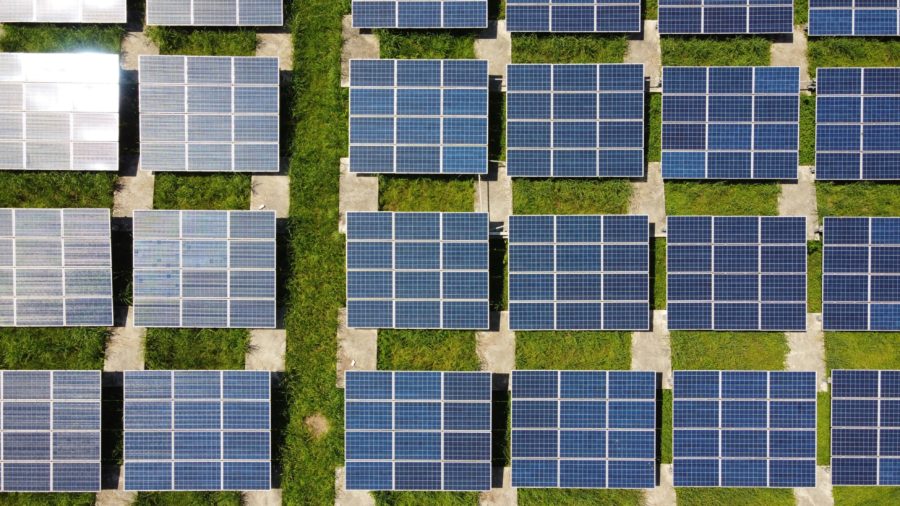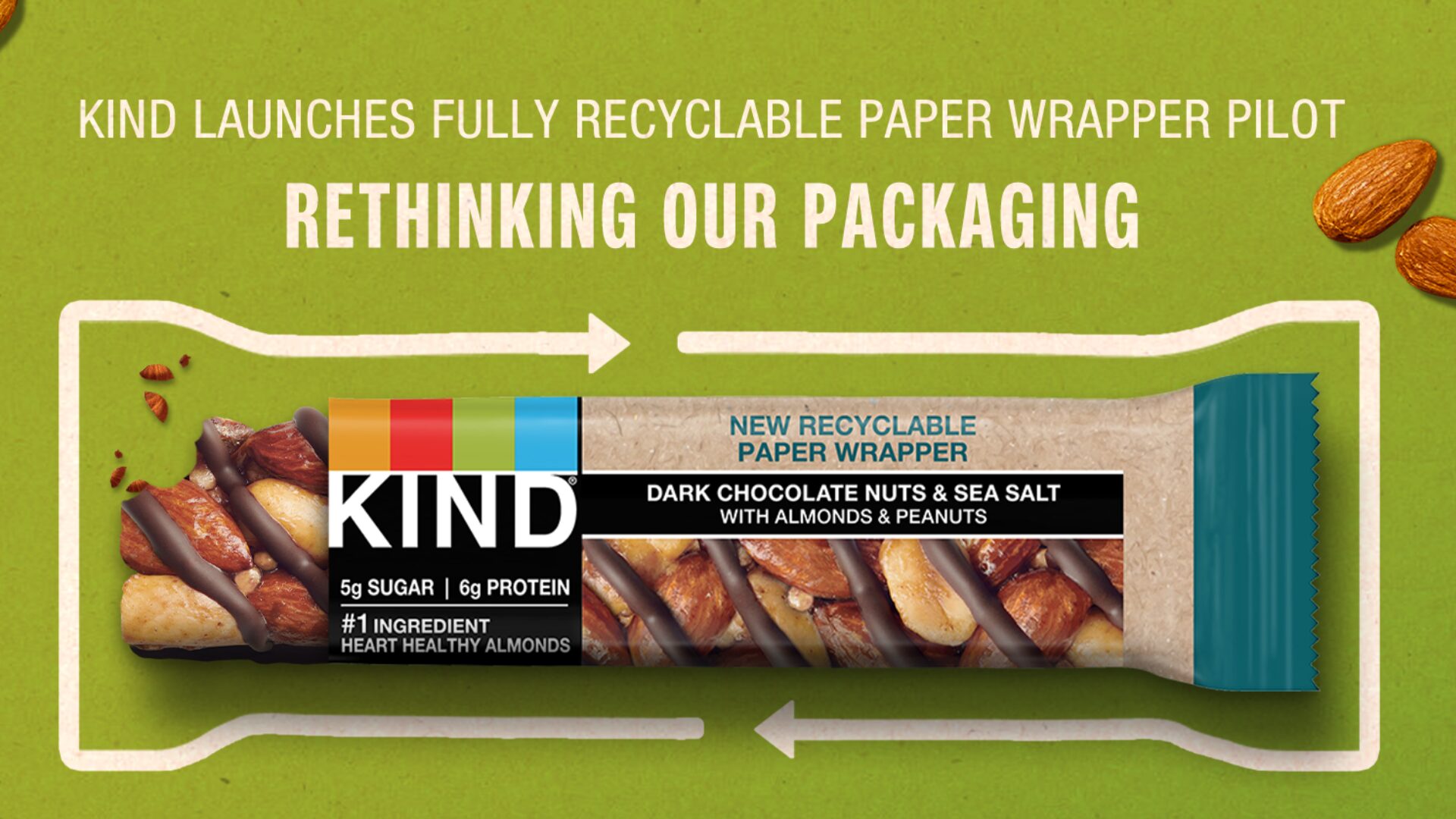Several major food companies have recently announced new better-for-the-planet initiatives.
Nestle
Nestle will invest $3.6 billion over the next five years in an effort to fight climate change and plans to halve its carbon emissions by 2030, reported Bloomberg (Dec. 3)
As part of the effort, Nespresso, Perrier, and San Pellegrino will become carbon-neutral by 2022, with the rest of its bottled water portfolio doing so by 2025. Additionally, Nestle plans to get 100% of its electricity from renewable sources at its 800 factories within the next five years.
The company is already spending approximately $2.2 billion to promote more food-safe recycled plastics.
“Business leaders can no longer afford to be skeptical and interminably patient,” Nestle Chief Executive Officer Mark Schneider said in an op-ed in Fortune. “We should not expect comprehensive public policy and unanimity to do the job for us.”
Last year, Nestle set a target to reach zero net greenhouse gas emissions by 2050. Schneider had noted climate change is one of the greatest risks to the company’s future business.
UNFI
United Natural Foods Inc. committed to setting emission reduction targets for operations and its supply chain, reported The Packer (Dec. 2). The targets are expected to be submitted next year for approval by the Science Based Targets initiative.
“This announcement signals a higher level of ambition for UNFI as we work to reduce our contributions to climate change, embrace innovation and promote environmental justice in communities across North America,” said Alisha Real, director of sustainability and social impact for UNFI. “Climate science clearly states that we cannot continue on a path of business as usual. Collective action is essential, and we look forward to engaging our value chain in these important efforts.”
Earlier this year, UNFI joined the Climate Collaborative. The company is also testing its first electric, solar-powered refrigerated trailer.
“Our commitment to setting science-based emissions reduction targets demonstrates our continued focus on reducing our environmental impact, conserving natural resources and promoting sustainability in our operations and across our value chain,” said Steven Spinner, chairman and CEO of UNFI.
BASF
BASF committed to sustainable agriculture targets by 2030, reported Farm Progress (Dec. 3).
The multi-national chemical company joins others like Microsoft, ADM, Corteva Agriscience, and Bayer in announcing such plans. BASF’s targets include helping farmers achieve a 30% reduction in carbon dioxide emissions per ton of crop produced, among other initiatives.
“Over the coming decades, our agricultural food system will undergo an accelerated transformation to provide access to enough healthy and affordable food for a growing world population. At the same time, we will need to mitigate its impact on our planet,” said Vincent Gros, BASF’s Agricultural Solutions division president. “This transformation is driven by the call for better yield – yield produced in ways that are recognized as valuable by society, are kind to the planet and help farmers earn a living.”
The company will reach its targets by climate smart farming, sustainable solutions, digital farming, and smart stewardship.












